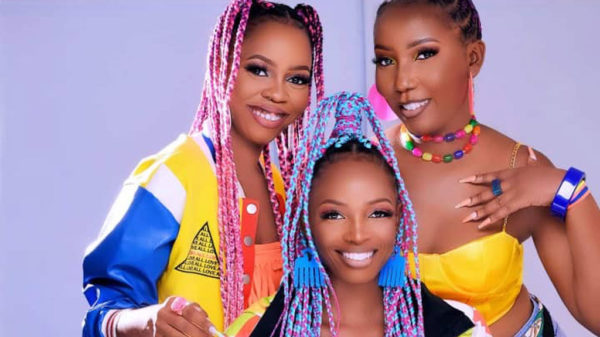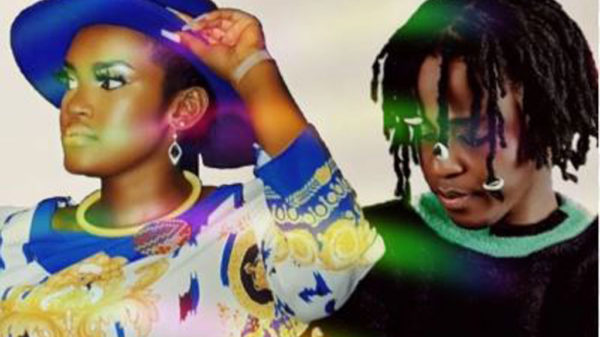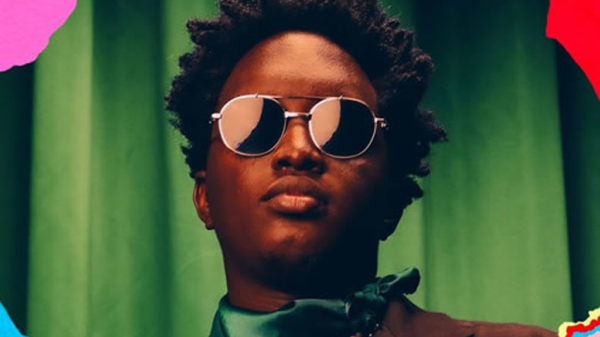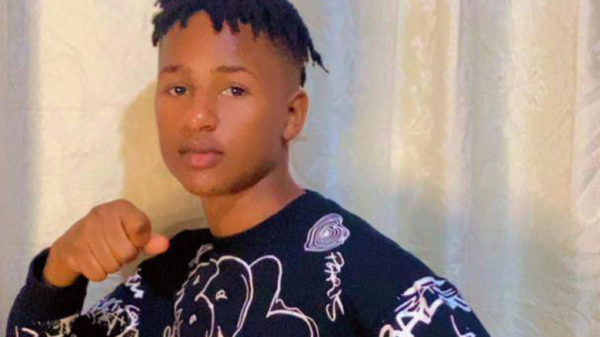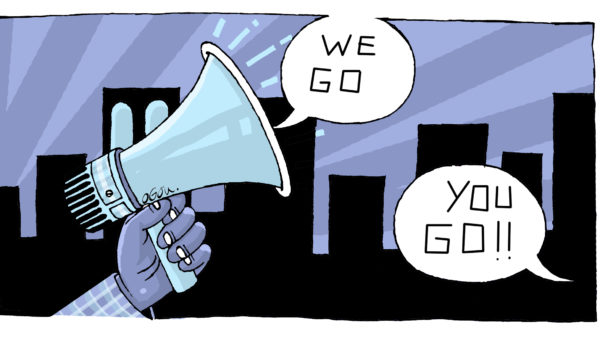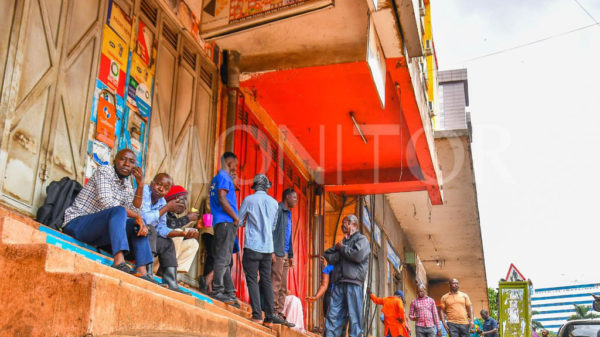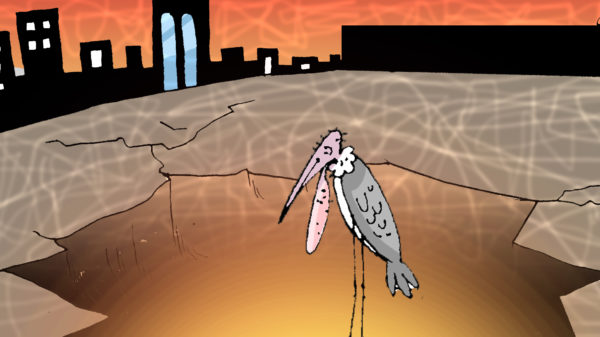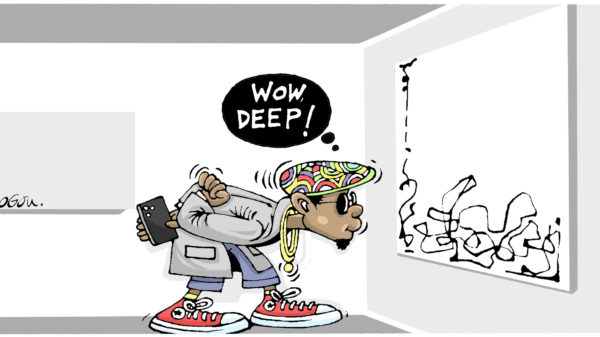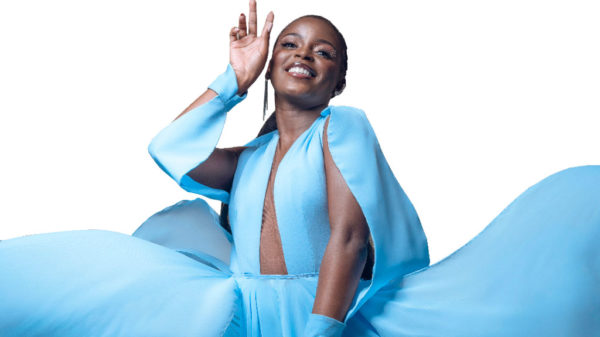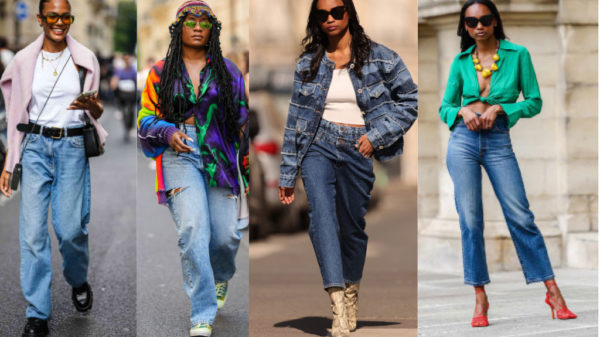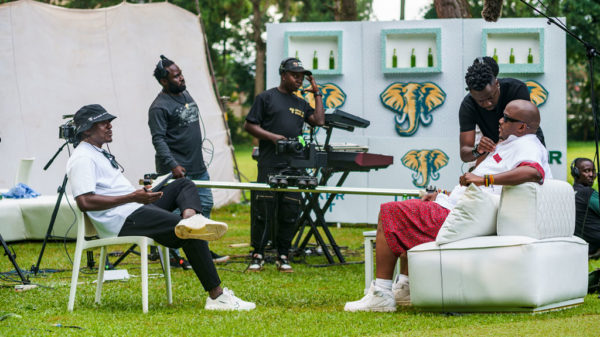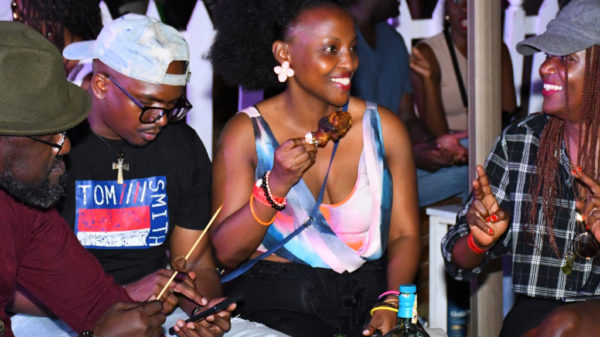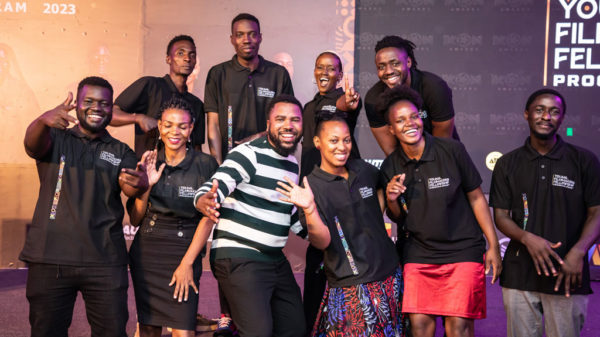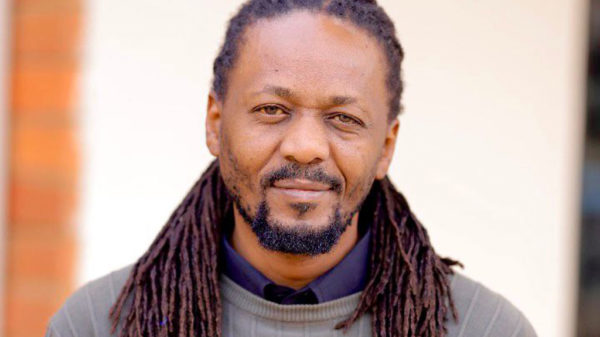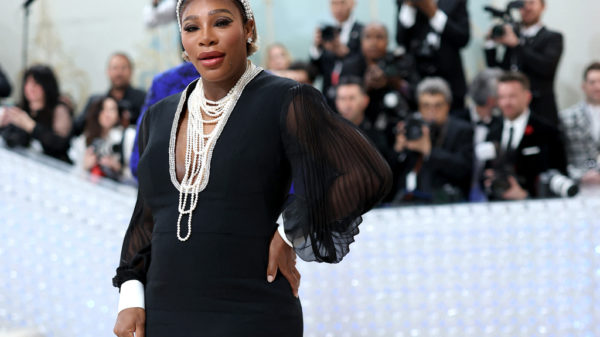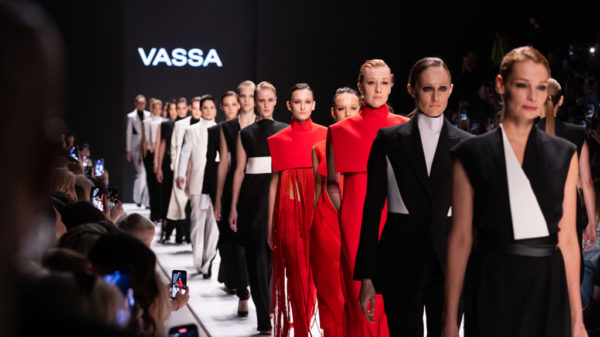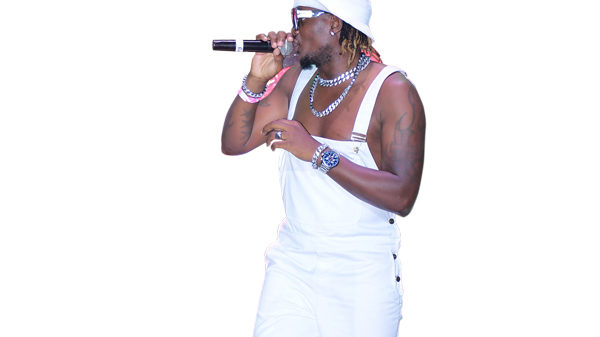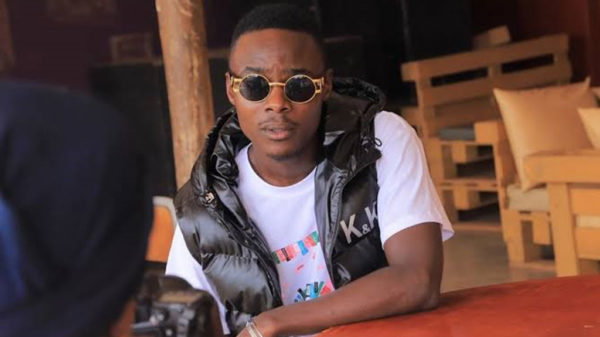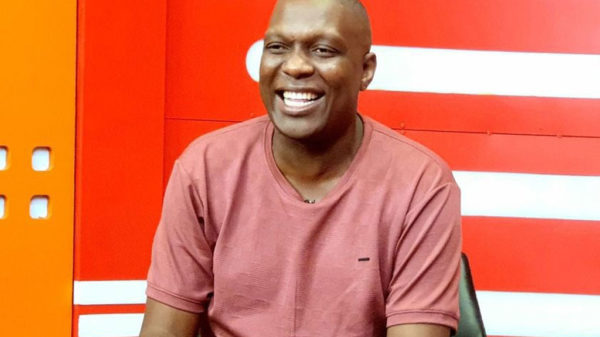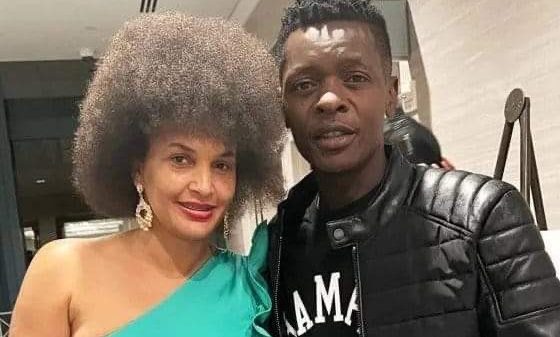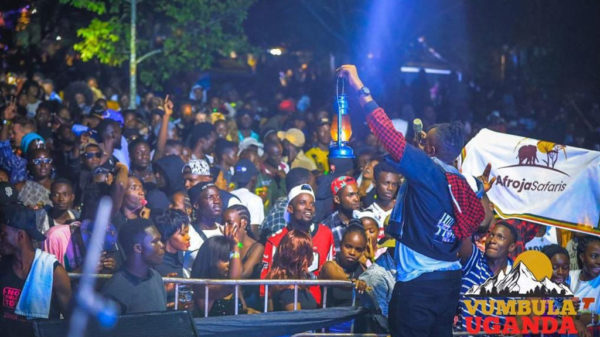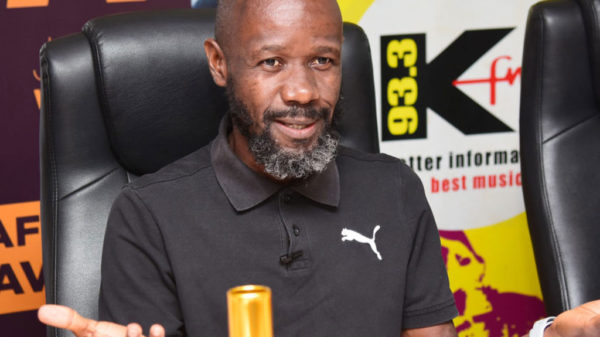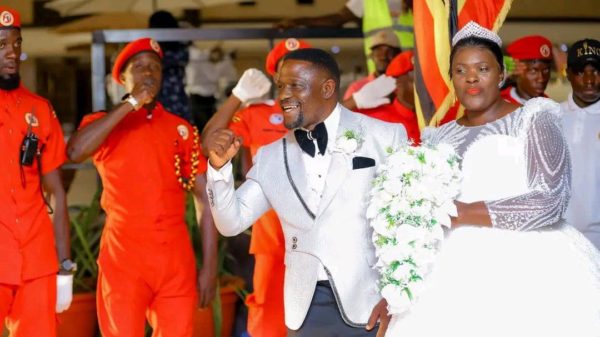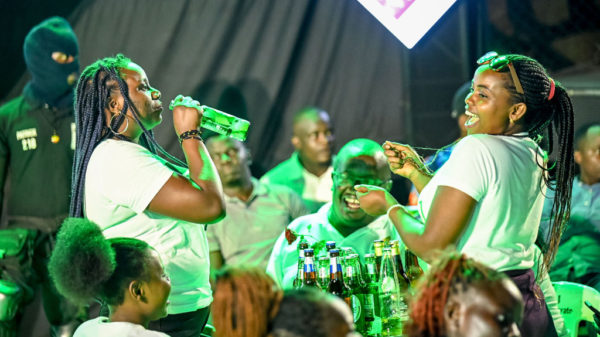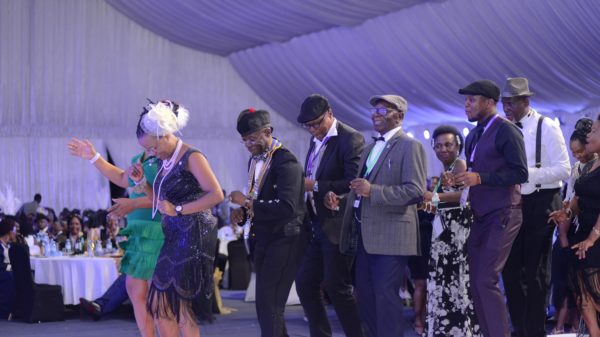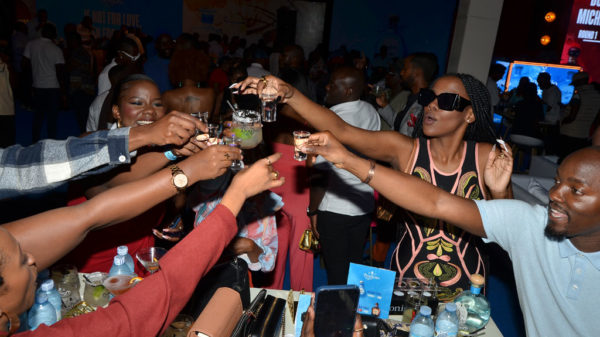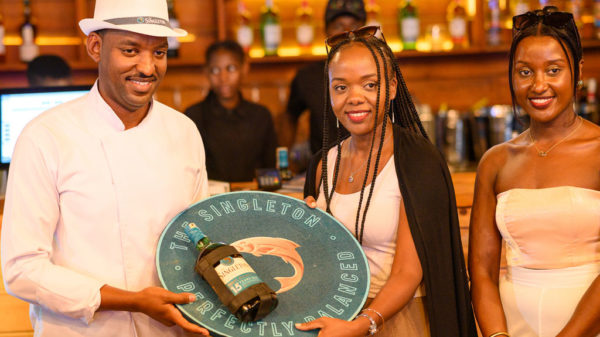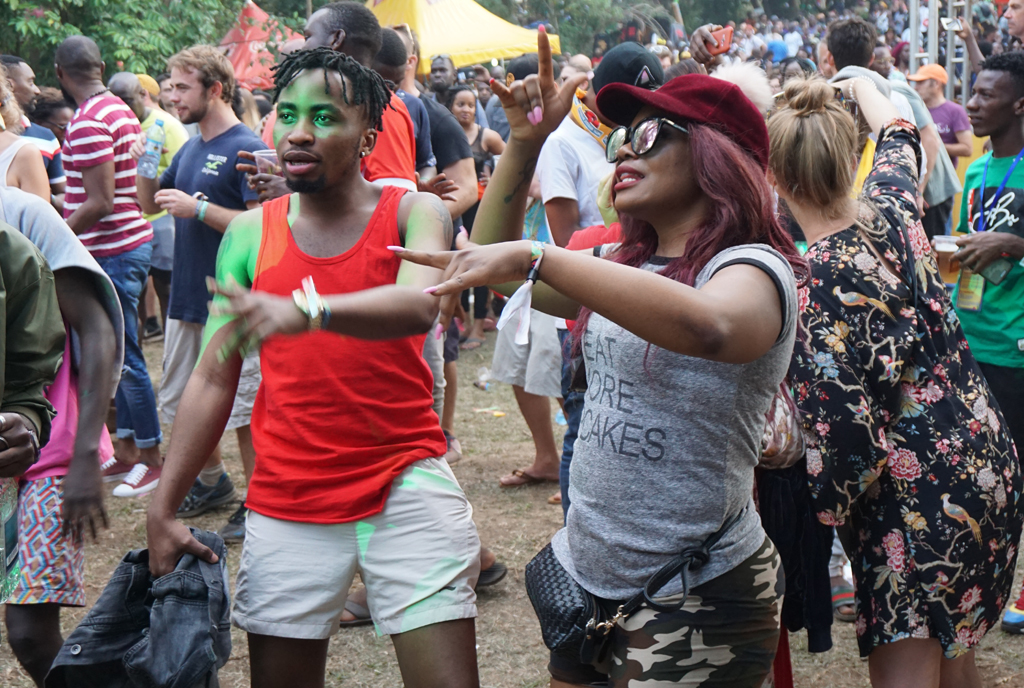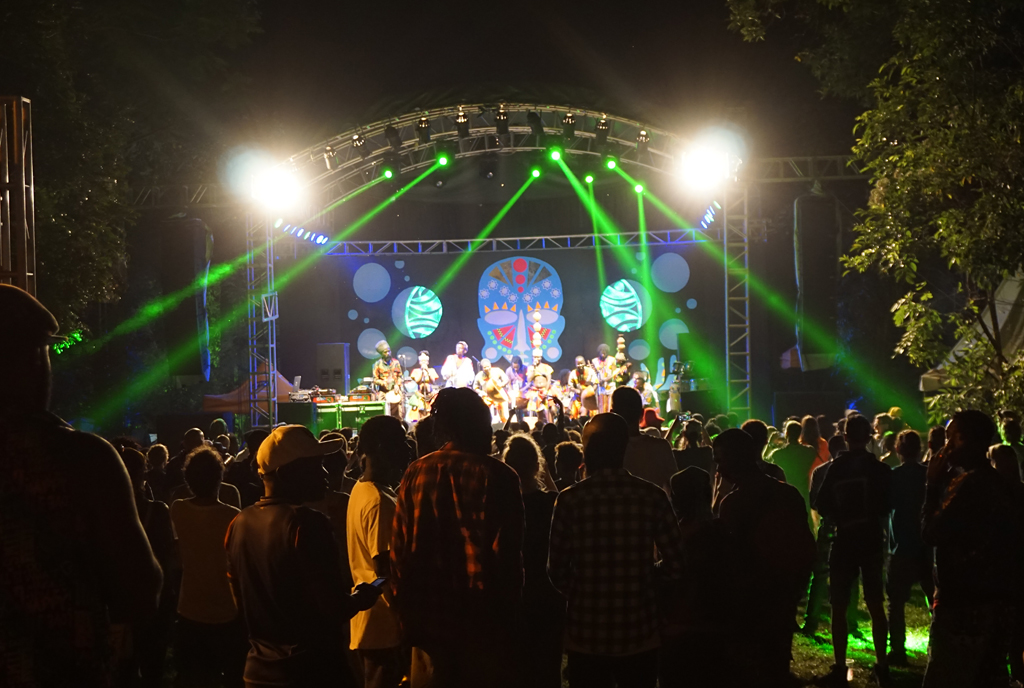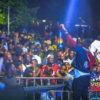Celebrating arts: Early this week, the country’s biggest festival was trending and not for the good reasons – it faced cancellation, only about a week to the event. But just as the case was in 2018, the organisers managed to make it happen. But what is it that has people hating on the region’s biggest arts festival? Is it a case of misconception?
It is funny how many people looked forward to the Nyege Nyege edition of 2020.
The 2019 edition had been a journey, rollercoaster and a movie, one that influenced two international soundtracks; Mwanza (Nyege Nyege) by Diamond Platinumz and Parte After Parte by Big Trill.
People at the edition made friends and others got into relationships, it is even said the festival had scaled a number of at least 10,000 people in attendance. From Thursday, to Monday at 1pm, the festival had made Ugandans and the world dance to electronic music, kadodi, Sheebah, Pallaso and of course Big Trill.
It was a party worth returning to and one of the South African DJs who had played at the Boiler Room stage had promised to be back in 2020.
But the 2018 edition of the festival had literally happened by grace, its existence had been threatened when then Minister of State for Ethics and Integrity, Simon Lokodo, tried to stop it only days to the opening day.
“We weighed and thought that the society will be affected by Nyege Nyege. This is close to devil worshipping and not acceptable,” the minister, who unfortunately passed on this year, said.
Nyege Nyege, even with the minister’s claims and intentions, still took place and was a success.
In a letter dated September 5, 2018, the minister gave the festival the greenlight, noting that after a deliberation with the organisers, they had found a middle ground and had been given guidelines that they promised to abide by.
“I wish the public and event goers to be mindful of the requirements for safety, security, law and order, ethical behaviour, health and sanitation as they participate in the festival,” he wrote.
Lokodo would later claim that the devil won.
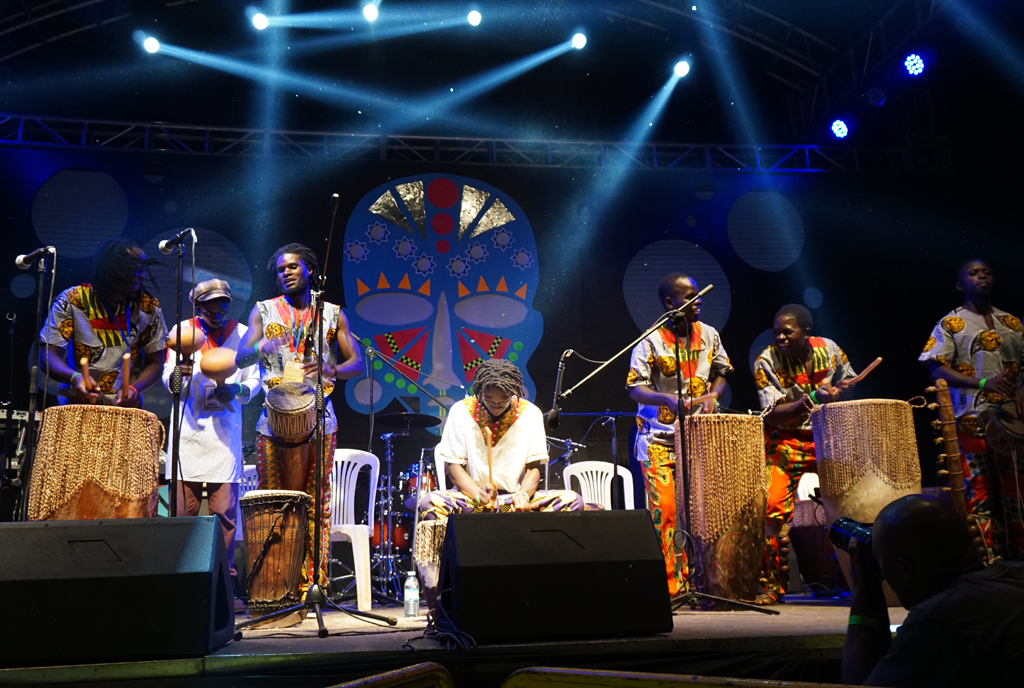
Sultry. Some of the performers and revellers at the last edition of Nyege Nyege. PHOTOS /ANDREW KAGGWA/GABRIEL BUULE
Stand offs
But this was just the beginning of long standoffs between the organisers, revellers and those against it. Technically, every time the festival is introduced, they have to explain their cause and not an edition has gone without some kind of protest.
In 2019, for instance, a group of pastors from Njeru were intending to petition whoever it concerned to have the event stopped but like Lokodo, they too failed.
After two years denied by a pandemic, Nyege Nyege should be taking place in Jinja next Thursday.
For an art scene that has gone through difficulties since the pandemic, it is almost impossible to imagine Nyege Nyege did not go under like many local and international festivals.
But this Tuesday, the festival came under fire when a number of MPs moved to have the event banned on grounds of immorality. Again.
Tororo Woman MP Sarah Opendi, for instance, said the social event was a breeding ground for sexual immorality while the Speaker of Parliament swore not to let the event happen.
“We are talking about the morality of this country; we are talking about our children. You are trying to promote tourism at the expense of our children? We are not going to allow this function to take place,” she said.
On Thursday, Ugandans and the world should be hosted to yet another four days of music, travel and debauchery at its best. Coined from a Luganda word ekinyegenyege, the festival name literally means an uncontrollable urge, yet in Kenya where the festival is also famous, it means horny.
It also means something different in Busoga, on whose borders the past five festival editions have been held.
The wordplay is one thing that keeps people from different backgrounds guessing and discussing what exactly happens at the festival. It is also partly the reason the festival is always in trouble.
Lokodo, for instance, noted that the festival name means sex, while others argued that the minister was quoting langauges neither used nor spoken in Uganda.
“There will be nudity and sexuality done at any time of the hour. The very name of the festival is provocative, it means sex, sex,” he said.
The first edition of Nyege Nyege that took place in 2015 and the follow up edition in 2016 had dismal attendance. But the scenes from these two editions, which included boys and girls dancing in the rain and mud, created an image people will always associate the festival with.
Yet, the reason for the festival’s existence has always been a bigger cause. Initially, they had an artiste they wanted to organise a performance for, the idea was that they organise a party and the artiste performs.
And in the deliberations of doing so, they were aware of an underground electronic music scene and the event was now becoming an opportunity to schedule many of them.
The festival has since created a number of initiatives geared towards giving alternative artistes a platform on the Nyege Nyege stage and other festival networks.
More than the four days
It is basically the birth of the record label Nyege Nyege Tapes which has signed artistes from different East African countries. Birthed by Derek Debru and Arle Dilzaian, the label is a home to East Africa’s outsider music yet very ingenious such as Acholi mixes, Larakaraka and Kadodi, among others. In fact, Debru and Dilzaian met over a performance of Nilotica Drum Ensemble, a Ugandan outfit that puts up energetic drum thumping performances coupled with dances.
For the organisers of the festival, Nyege Nyege Tapes is the driver that usually guides the festival stages direction.
For instance, among the more than 30 artistes curated for the festival, half that number usually gets to collaborate with artistes the label works with.
Most of the Ugandan artistes on Nyege Nyege Tapes are not mainstream, their music is not really on the airwaves but they get their strength from the digital space and touring.
Catalogues of Nyege Nyege Tapes artistes have been widely enjoyed in their communities, but they have also been a great discovery for international audiences. Most of these artistes perform in collectives such as the Hakuna Kulala Club Night, Boutiq Electroniq and Buganda Royal Music Revival while there are independent artistes such as Otim Alpha, Ekuka and Catu Diosis.
This year alone, Catu Diosis, for instance, may be Uganda’s most booked touring artiste performing at festivals in Paris, Rome, Brussels, Amsterdam, Kassel, Lisbon, Venice, Lille and Bologna, among others.
There are other Nyege Nyege Tapes artistes who have recorded and sold music for the first time in their life after signing to the label.
Throughout the year, Nyege Nyege Festival through the label curates take over parties at different European festivals, many of the Nyege Nyege Tapes artistes perform at such take shows, building momentum for the main festival and getting booked for other festivals in the process.
But of course, most Ugandans never get to learn of and thus, for them, Nyege Nyege starts and ends in a particular weekend of September.
Preserving African sounds
Besides creating platforms and getting electronic artistes booked in other markets, Nyege Nyege has been key in programming ethno African artistes. These are artistes whose sound borrows from the traditional African instruments.
Over the past editions, the festival has booked more than 90 artistes playing music that is almost becoming extinct in communities. In 2018, for instance, one of the programmed bands Etran De L’Air from Niger was travelling out of Niger for the first time. The band whose instruments included a number of stringed and wind instruments performed music they described as a sacred sound that was anciently performed in king’s courts.
In the same way, it was at the festival that Afrigo Band’s Moses Matovu joined other surviving veteran artistes he had performed with in the 1970s to relive the Cranes Band days.
Getting down to business
Over the past five editions, the festival had created an economic ecosystem that had started benefiting the locals and created employment for others whenever it happened.
“Nyege Nyege is a time for us to make insane money,” said a boda boda rider who referred to himself as Badru, adding, “In 2018, I made about Shs300,000 over the four days and I managed to replace both my tyres.”
But the money changing hands, known or undeclared, was beyond the few boda boda riders at the Njeru stage to the Nile Discovery, over the years, as the festival became a thing, with it came needs.
For instance, in the past, people in the neighbourhood turned their compounds into parking lots and cars paid between Shs10,000 and Shs20,000 a day. Others had a round figure of Shs30,000 for all the three days and as you could imagine, the service was a hit.
“We had about 10 cars where each had paid Shs30,000 to stay for the entire festival. Some would leave on Saturday and their spots would get filled immediately,” says Brenda Nakitto, one of the residents in Njeru.
But the neighbourhood did more than just offer packing space, some would turn their backyards into all sorts of things ranging from restaurants to camping sites.
In 2019, a day to the festival, Lake View Camping Site was born; started by siblings that intended to curate an intimate experience different from that at the main ground.
They had started with five campers, yet by Friday, their compound had sold out, and their guests had a view of the river but above all had access to a tent, mattress, breakfast, electricity and running water without queuing for it.
The experience was worth Shs50,000 per night.
Even homes that did not necessarily turn themselves into camping areas found ways of involving themselves into the festival, for instance, shops added a service of charging phones at Shs1,000 and Shs5,000 for cameras and laptops.
Besides the locals, hotels and lounges in Jinja were mostly sold out weeks before the festival itself.
Yet, even when Nyege Nyege is an economic eco-system that benefits even the locals, it remains divisive that some lawmakers have constantly accused the festival of recruiting gays.
A problem of over marketing?
Probably.
Don’t want to miss out on any story? For updates on all Sqoop stories, follow this link on Telegram: https://t.me/Sqoop




